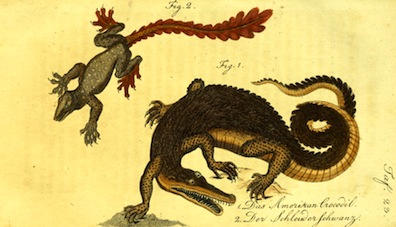The Ernst Mayr Library’s Special Collections are comprised of approximately 15,000 rare and valuable volumes, art works and objects as well as the Archives of the Museum of Comparative Zoology. These items are housed in a separate, secure section of the library. The majority of the volumes in Special Collections date from before 1850. The collection includes older serials, publications by the Museum staff, microforms, sound recordings, and videocassettes.
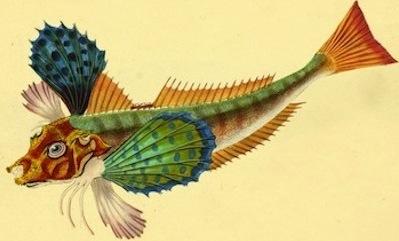
Guidelines for use:
Researchers should observe the following procedures to ensure the security and preservation of the collections. Please review these rules before beginning work in Special Collections.
1. The archival collections of the Ernst Mayr Library are open to all users by appointment on Monday, Wednesday and Friday, 9:30-12:30 and 2:00-4:30. Contact Robert Young for more information or call 617-495-2475.
2. All visitors must register at the Circulation Desk. Non-Harvard visitors should show a photo identification with a current address and briefly describe their need.
The Special Collections Request System allows patrons to register and place requests for materials online. Upon registering, an individual account is created. With that account a patron can:
- submit requests through a form or submit requests via links in the catalog record
- submit requests in advance of a visit to Special Collections or while in the library
- submit requests for photoreproduction of Special Collections materials
- track the status of each request
- access detailed information about past requests
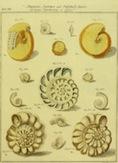
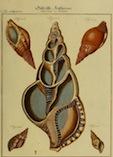
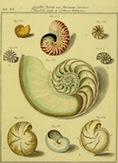
3. Researchers may bring into Special Collections only materials needed for taking notes, including laptop computers. Photographic or other equipment are allowed by request. Scans can be provided on request. There may be a charge associated with scanning or photocopying. Coats, bags and other personal property should be stored in available lockers or at the Circulation Desk.
4. Researchers must use pencils when taking notes. If needed, pencils are available in the research area.
5. All material should be handled with great care. Nothing should be placed on top of a book or manuscript. Researchers may be asked to wear gloves when using photographic materials and certain other items.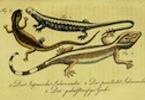
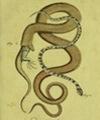
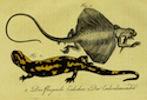
6. Material should be laid flat on the table or used with a provided book cradle. No material should be placed on the table's edge, on a book, or in one's lap. Notes should never be made on top of the material being consulted.
7. Manuscript and archival materials should be kept in their original order. No marks or annotations should be added or erased. No tracings or rubbings may be made.
Archives
The Museum of Comparative Zoology Archives primarily collects materials related to the history of the MCZ, as well as those associated with the departmental collections; zoological papers mostly from the 19th century through the present; MCZ directors' papers of Louis Agassiz, Alexander Agassiz, and Samuel Henshaw (later directors' papers are chiefly at the Harvard University Archives); papers of ornithologist William Brewster; manuscripts of zoologists such as Thomas Say, Alexander Wilson and John Abbot; departmental records, including curatorial correspondence; personal and professional papers concerning the history of American zoology; and portraits of naturalists from Aristotle to the present. Other types of materials include field notes, journals, photographs, glass slides, drawings and illustration proofs, scrapbooks, memorabilia and ephemera. Faculty papers are deposited only when there is a direct connection to the MCZ; otherwise, faculty and curriculum materials are sent to the HU Archives.
